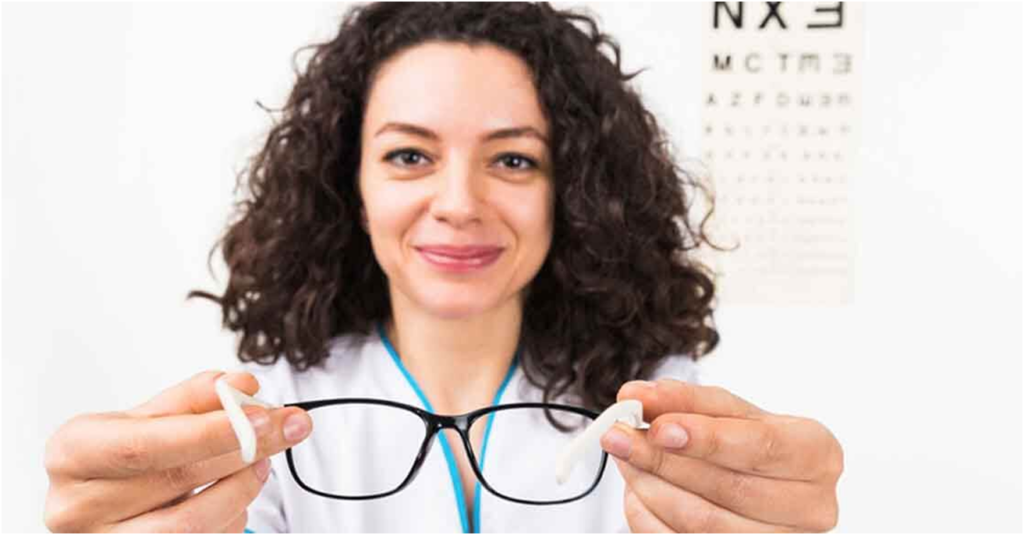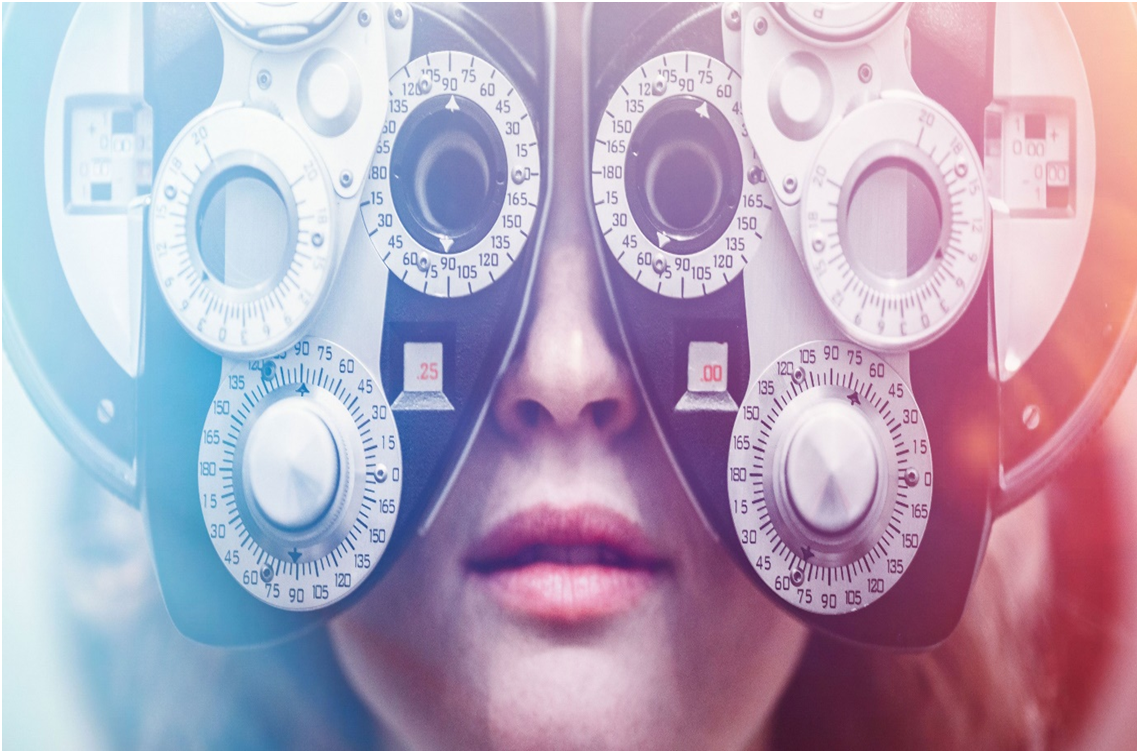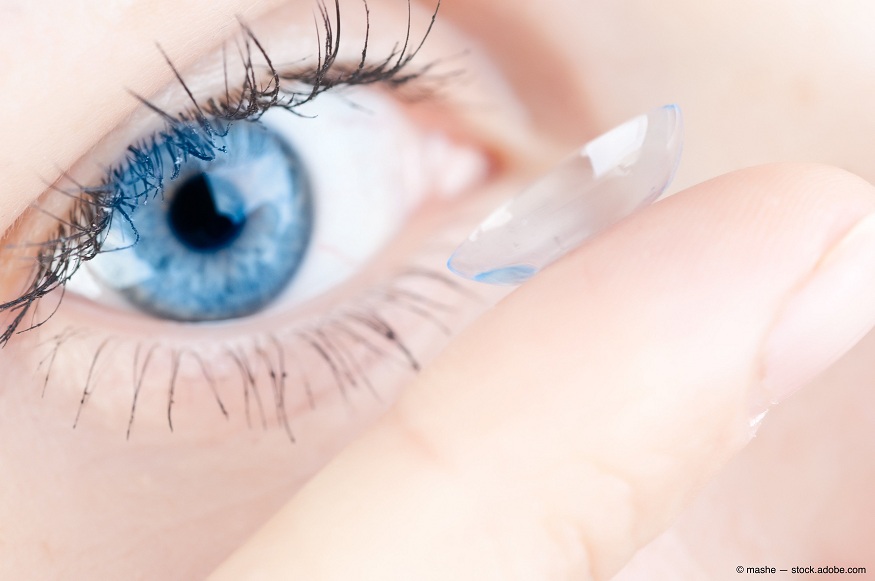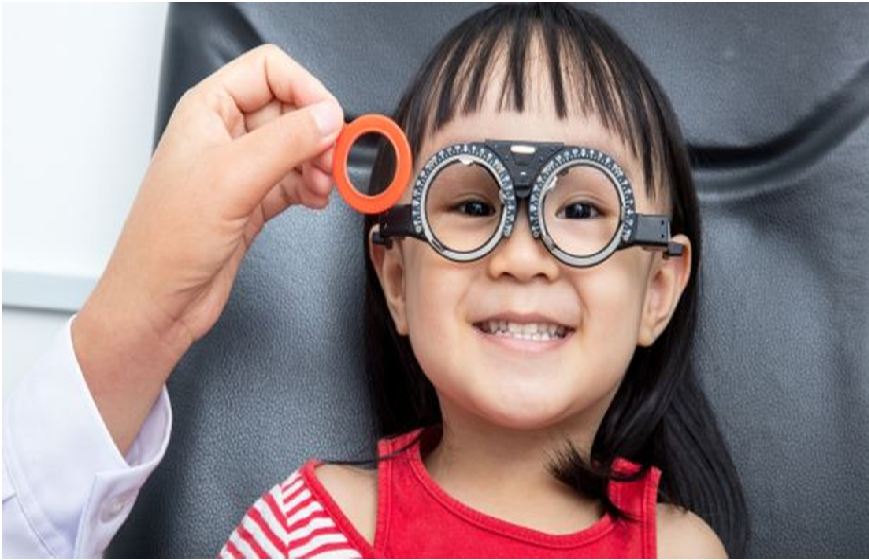Different Types of Eye Doctors: Opticians vs. Optometrists vs. Ophthalmologists
Becoming an optometrist, optician, and ophthalmologist requires specific education. For instance, only ophthalmologists are professional eye doctors. However, all three roles are essential for ensuring proper care.
The main goal is to understand the distinction between opticians, optometrists, and ophthalmologists. Opticians create contact lenses, glasses, and other vision-correcting devices.
The simplest way to understand everything about ophthalmologists is by entering here for more info.
Optometrists are here to diagnose and treat your eyes. At the same time, ophthalmologists can perform other, more substantial treatments, including surgeries for eye conditions.
All three types of professionals come with different levels of education, similarly mentioned above. Opticians require the shortest training a few years after high school.
On the other hand, optometrists must undergo four years of school after obtaining a four-year college degree.
Finally, an ophthalmologist requires eight years of medical training after four-year college, meaning they must undergocomprehensive education than the first two.
What is an Optician?
Opticians are eye care professionals who are not doctors, meaning they cannot offer you professional exams. Instead, they understand the technical aspects of building and fitting glass frames and lenses and contact lenses to correct vision issues.
However, they cannot treat or diagnose diseases or provide you with prescriptions. They require proper licensing from relevant associations and at least two years of training.
Some states do not require them to have a license, which is essential to remember.
What is an Optometrist?

They can perform vision tests and eye exams, dispense and prescribe corrective lenses medications for conditions and detect potential abnormalities.
People tend to confuse with ophthalmologists. You should know that optometrists are not medical doctors.
Instead, they come with a doctor of degree after finishing three or more years of college or four years of school.
What is an Ophthalmologist?
If you wish to become an ophthalmologist, you should finish medical school and a residency or specialization in this field.
They must complete college and additional medical training that requires four years. However, the main difference between ophthalmologists and optometrist is in education, while they can offer you all services as optometrists.
As soon as you decide to visit this link: https://www.merriam-webster.com/dictionary/ophthalmologist, you can understand more about ophthalmologists.
We are talking about treating ocular issues, prescribing meds, determining visual acuity, contact lenses, and other prescriptions. Apart from these aspects, they have the necessary license to perform surgery and practice medicine.
Things to Expect from Optometrist
1. Conduct Various Screenings
You can rest assured because an optometrist can conduct a wide array of visual system exams apart from visual acuity, which is vital to remember. A slight screening can help you determine whether you should visit an ophthalmologist.
They use automated equipment that will measure your sight, different lenses, and other factors that will allow you to see more transparent than before. Still, they can perform a wide array of exams that will check out your entire eye.
That way, you can ensure to handle preventive care.
2. Binocular Vision
When you decide to visit an optometrist, it means you are experiencing fuzzy eyesight. However, you can ensure an expert can test to see if your eyes are working together.
At the same time, the brain should receive proper signals to ensure you can coordinate movements and judge distances. Having good binocular vision means you will have a depth perception, which will allow you to live life comfortably and safely.
3. Prevent Ocular Conditions
An exam will include testing to see whether you have underlying issues or the beginnings of severe eye disease.
It means they can quickly check out whether you have a progressive disease affecting your optic nerve or glaucoma. You may also have other ocular issues such as cataracts and macular diseases.
They can help you diagnose other issues such as eye or brain tumors, diabetes, and high blood pressure, among other things.
4. Get Information on Corrective Lenses
Finally, you can get an educated opinion on the best corrective lens to ensure vision efficiency to ensure the best comfort and enjoyment.
You should check more about optometrists in Edmonton, which will help you find the best professional for your particular requirements.
You do not have to wear glasses if you feel slightly blurred vision. Instead, it would be best to choose other means, including contact lenses, reading glasses, or regular eyeglasses, depending on your lifestyle.



